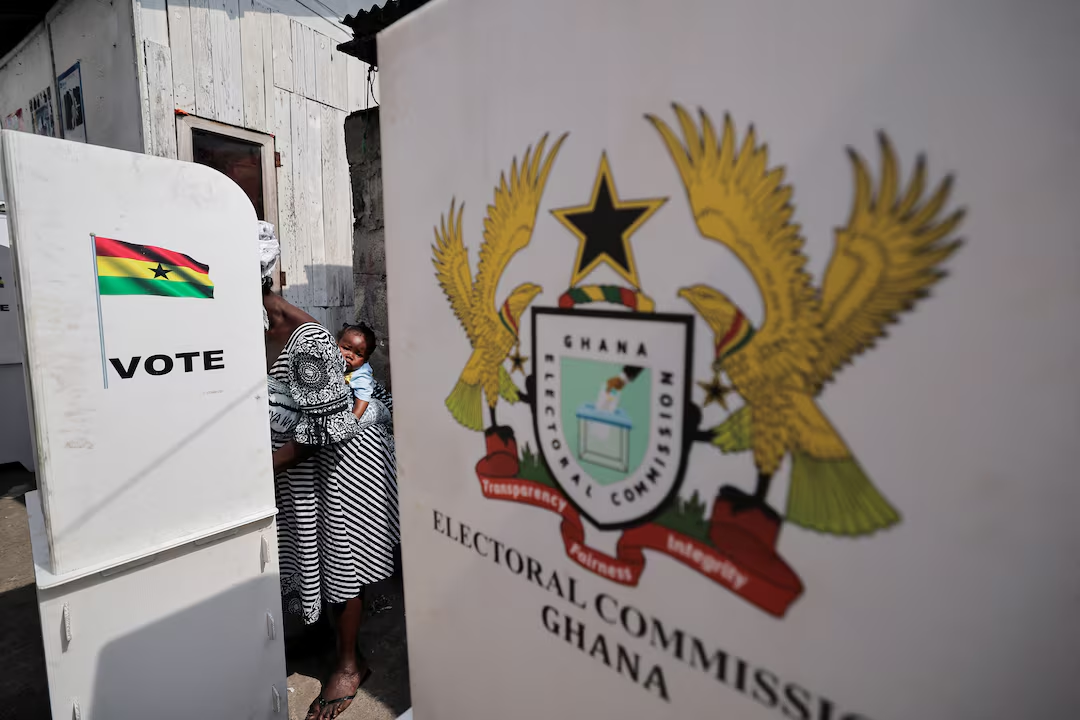Ghana held a presidential and parliamentary election on Saturday amid hopes for an economic revival after the worst financial crisis in a generation, which led to a major debt default in the West African nation.
President Nana Akufo-Addo is stepping down next month after serving the two terms allowed by the constitution in Ghana, the world’s second-largest cocoa producer and a significant gold producer.
Twelve candidates are vying to succeed him, but the race is seen as primarily between Vice President Mahamudu Bawumia, chosen successor of Akufo-Addo’s New Patriotic Party (NPP), and former President John Dramani Mahama of the National Democratic Congress (NDC).
Opinion polls have tipped Mahama, who served as president from 2012 to 2016, for a potential comeback.
Polling stations opened at 0700 GMT and are expected to close at 1700 GMT. Some provisional legislative results were expected by Saturday night and Sunday, while the presidential outcome is expected by Tuesday, although trends often allow an early prediction.
In Accra’s historic Jamestown neighbourhood, Comfort Saaquah Aidoo, a 68-year-old small trader, was among the first in line to cast her ballot.
“I was here at 0430 (GMT) because I don’t want to miss voting,” she said after voting. “I want a new government. The old one can’t do the work properly, they promised and failed.”
Joyce Adjadji, a 54-year-old teacher, also said she wanted change as she voted in Afienya, a greater Accra suburb.
“The cost of living is really harsh and we can’t cope with it,” she said.
Mahama, 66, has framed Bawumia as representing a continuation of policies that led to Ghana’s economic woes, and has promised to renegotiate terms of a $3 billion IMF bailout secured last year to restructure the country’s debts. The crisis peaked in 2022 when Ghana turned to the IMF.
“I will fight corruption to restore integrity and fairness, two critical ingredients missing from our governance,” Mahama said in closing campaign remarks in Accra’s Madina neighbourhood on Thursday.
Bawumia, a 61-year-old former central banker, has highlighted Ghana’s gradual recovery from the crisis, with economic growth surging by 6.9% year-on-year in the second quarter of 2024, the fastest rate in five years. He told supporters he will foster policies that will strengthen Ghana’s recovery.
He has promised to simplify the tax system, halve the number of government ministers, and cut public spending by 3% of GDP if elected.
“The reason why we are going to win this election is because of the good work that we’ve done as a government,” Bawumia told cheering supporters at the University of Ghana campus during a final rally on Thursday.
Ghana’s cedi currency has been strengthening, however high inflation and government debt sustainability remain a concern for investors.
Approximately 18.7 million out of Ghana’s 34 million population are registered to vote.
